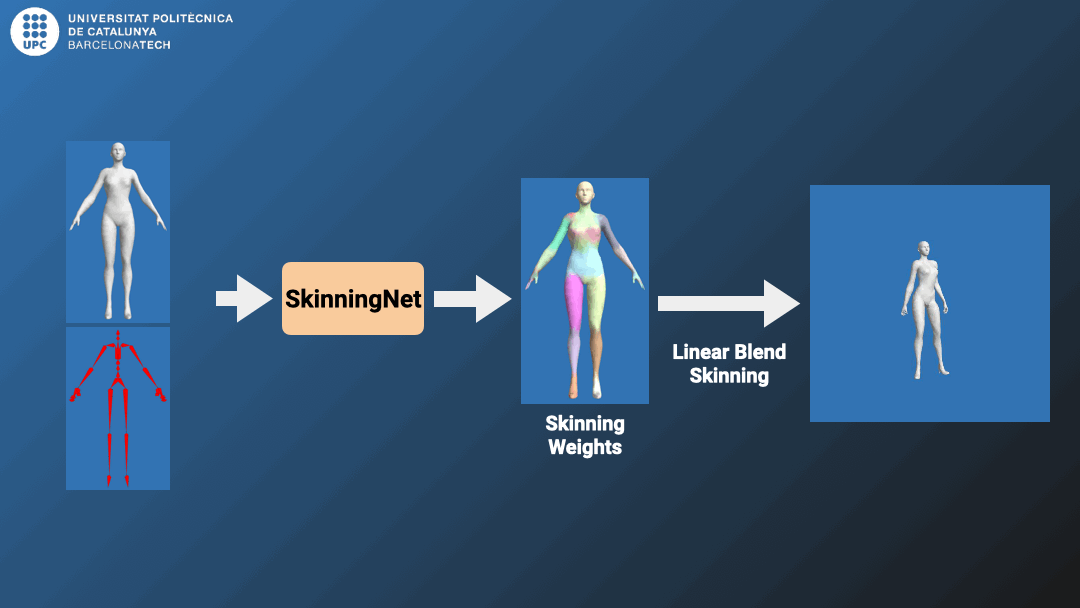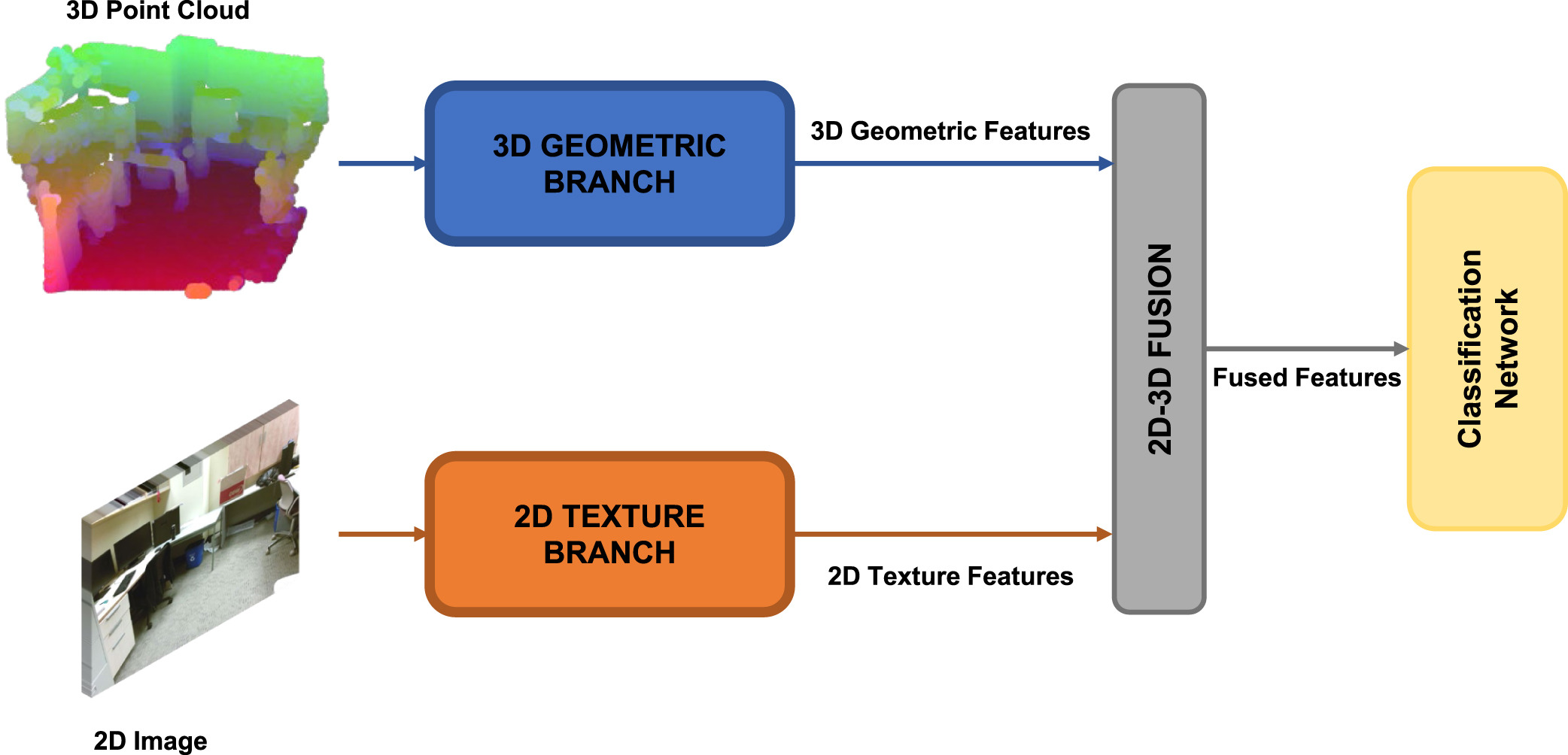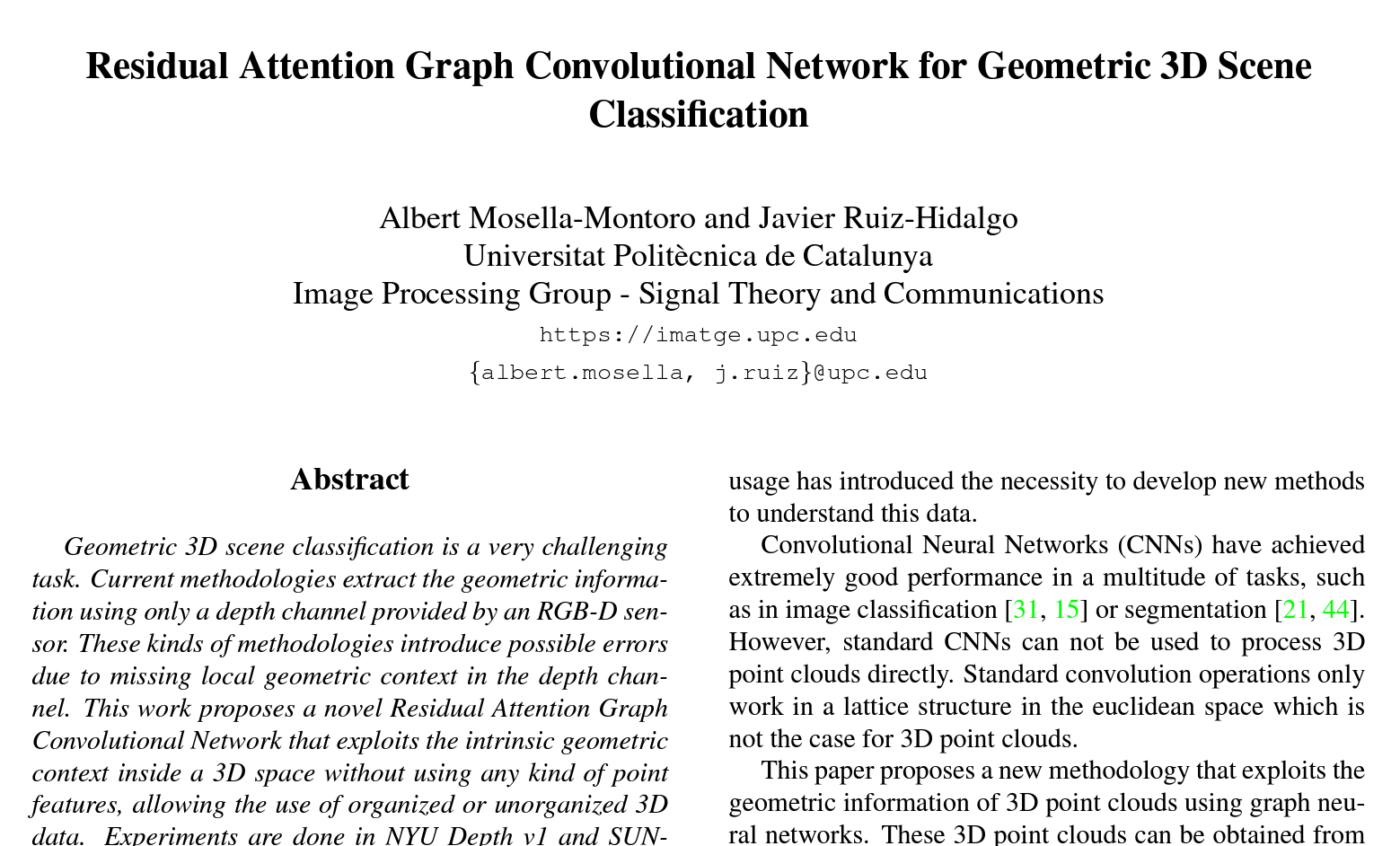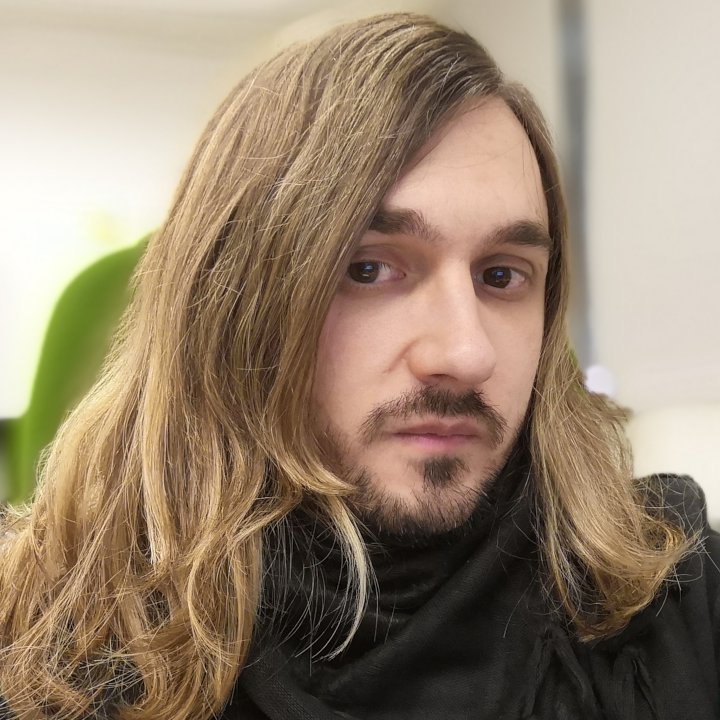Albert Mosella-Montoro, Ph.D
My research interests are in the field of Computer Vision and Machine Learning. In the past, I collaborated with Epic Games, where my research was at the intersection between Computer Vision and Graphics to facilitate the design and animation of 3D characters, from Graph Neural Network-based tools to help paint the skinning weights of 3D characters to diffusion model-based tools that reduce the time that artists need to expend transferring characters from different worlds. At the same time, I am collaborating with the Universitat Politècnica de Catalunya and the Universitat de Barcelona in a joint research project to apply Graph Neural Networks in the field of chemistry. Previously, I have also been involved in different Machine Learning projects such as pedestrian detection, image retrieval, outdoor instance segmentation and the use of synthetic data as a means of complementing real data when training models.
News
- [2023.02.14] I defended my Ph.D thesis, titled Graph Convolutional Neural Networks for 3D Data Analysis. Committe: Aljosa Smolic, Ferran Marqués, Gloria Haro. Grade: Cum Laude. Slides.
- [2022.06.14] I started to work as a Research Scientist at Epic Games.
- [2022.03.02] Our paper SkinningNet: Two-Stream Graph Convolutional Neural Network for Skinning Prediction of Synthetic Characters was accepted in CVPR 2022.
- [2021.06.14] I started a research internship at Epic Games. Advisors: Denis Tomé, Iain Matthews.
- [2021.05.08] Our paper 2D–3D Geometric Fusion network using Multi-Neighbourhood Graph Convolution for RGB-D indoor scene classification was accepted in the Information Fusion Magazine.
- [2019.08.31] Our paper Residual Attention Graph Convolutional Network for Geometric 3D Scene Classification was accepted in ICCV-W Geometry meets Deep Learning Workshop 2019.
- [2018.05.01] I started a Ph.D in Deep Learning at Universitat Politècnica de Catalunya. Advisor: Javier Ruiz-Hidalgo.
Publications
SkinningNet: Two-Stream Graph Convolutional Neural Network for Skinning Prediction of Synthetic CharactersA.Mosella-Montoro, J. Ruiz-Hidalgo IEEE/CVF Conference on Computer Vision and Pattern Recognition (CVPR) 2022 |  |
2D–3D Geometric Fusion network using Multi-Neighbourhood Graph Convolution for RGB-D indoor scene classificationA.Mosella-Montoro, J. Ruiz-Hidalgo |  |
Residual Attention Graph Convolutional Network for Geometric 3D Scene ClassificationA.Mosella-Montoro, J. Ruiz-Hidalgo IEEE Conference on Computer Vision Workshop (ICCVW) 2019 |  |
